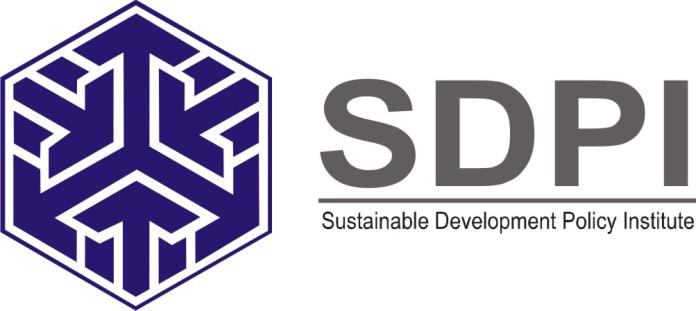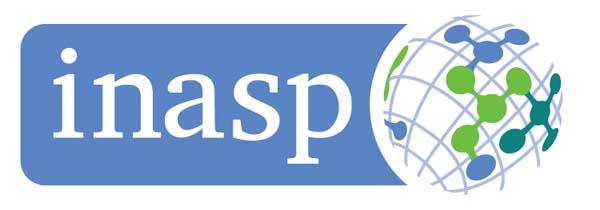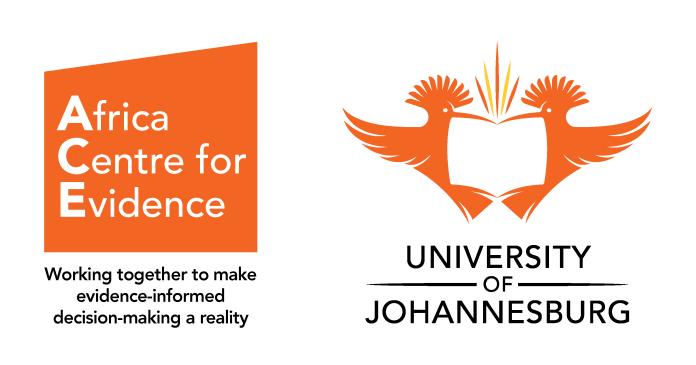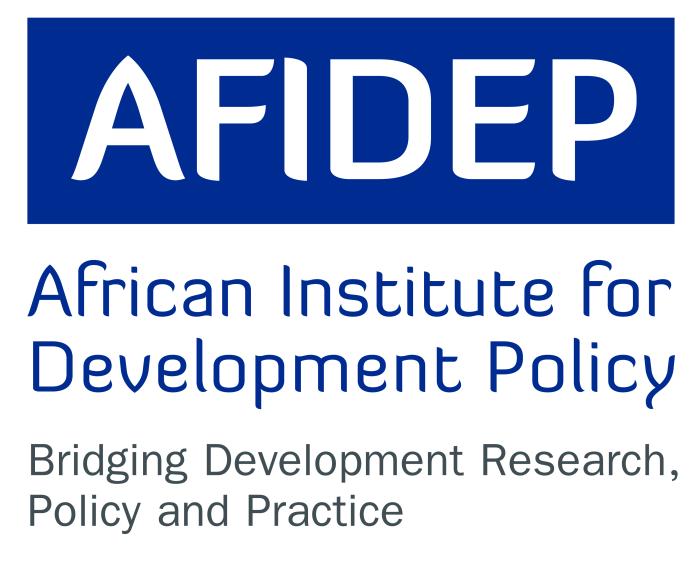Strengthening Evidence use for Development Impact (SEDI)
Increasing the use of evidence by policy makers in Uganda, Ghana, and Pakistan for informed decision making.
Project team members
Faaiz Ajaz , Esther Namukasa , Taofeek Oyeyemi , Sean O'Leary , Radhika Menon
-
DateJuly 2019 - July 2024
-
Area of expertiseResearch and Evidence (R&E)
-
CountriesGhana , Pakistan , Uganda
-
KeywordsData collection , Impact evaluation , Quantitative methods , Research uptake , Value for Money (VFM) , Monitoring, Evaluation, and Learning (MEL) , Research Management , Government Statistics , Quantitative impact evaluations (QIE) , Quasi-experimental , Randomised Control Trials (RCTs)
-
OfficeOPM United Kingdom
-
PartnersOverseas Development Institute (ODI) , The International Initiative for Impact Evaluation (3ie) , INASP
-
Project number
A2722
-
Project status
Inactive
Strengthening Evidence Use for Development Impact (SEDI), was to have been a multi-year programme that worked on increasing the use of evidence by policy makers in Uganda, Ghana, and Pakistan. In partnership with country governments, this programme aimed to develop capacity and promote innovation in increasing evidence-informed decision making. SEDI was funded by UK’s Foreign, Commonwealth & Development Office (FCDO). The project closed after two years due to funding changes.
Where we worked
The challenge
SEDI aimed to build on the lessons learned from FCDO’s Building Capacity to Use Research programme (BCURE) in 2013-2017, which recognised that the generating research alone is insufficient to ensure that policies are informed by evidence. The BCURE experience highlighted the often limited demand for, and use of, evidence in policymaking processes, and identified a number of key constraints that needed to be addressed to improve this. These included political economy factors, evidence accessibility, individual and organisational capacity, as well as incentives. SEDI offered an opportunity to examine these constraints and design, pilot, and test possible approaches for addressing them.
Our approach
Based on the shared value of co-creation, this multi-country partnership drew on the wealth of expertise and experience of multiple organisations. SEDI worked with policymakers and other key stakeholders to design, pilot, and implement interventions in a politically informed, demand driven and equity responsive manner.
We kicked off our work in each of the focus countries by undertaking a political economy analysis of evidence use. Understanding political economy dynamics within policymaking and programming is crucial for identifying what shapes the potential for catalysing change.
We used an innovative methodological framework that combined multiple lenses. This included:
- A macro and sectoral lens that drew on classic political economy models
- An ecosystem lens to examine the actors and their relationships, and
- An organisational lens to explore the spaces for change in public agencies.
In addition, we took a cross-cutting approach to look at gender equality and social inclusion.
During COVID-19, we worked with our government partners to support them in using evidence to inform their response efforts. We also partnered with government agencies in Uganda and Pakistan to carry out diagnostics of evidence use.
Learnings from the SEDI programme are captured in chapter eight of the open-access book 'Knowledge system development: insights from Indonesia and international applications'
The SEDI consortium
The SEDI consortium was led by Oxford Policy Management and comprised national, international, and regional partners. The national lead organisations – the Africa Center for Economic Transformation (ACET) in Ghana, Economic Policy Research Centre (EPRC) in Uganda, and the Sustainable Development Policy Institute (SDPI) in Pakistan – provided programme leadership and coordination in each country. These national organisations were, and continue to be, authoritative voices in policy processes and will ensure effective engagement and a sustainable legacy for SEDI.
The international partners – the International Network for Advancing Science and Policy, the International Initiative for Impact Evaluation, the ODI, and Oxford Policy Management – as well as the regional partners – the African Institute for Development Policy and the Africa Centre for Evidence – contributed their knowledge and years of experience in working with governments across the world to promote evidence informed development. They provided technical thought partnership, facilitated cross-country learning, and collaborated on programme delivery.
Ghana
ACET led SEDI’s work in the country, with support from consortium partners. It is an economic policy institute supporting Africa’s long-term growth through transformation.
SEDI kicked off its work in Ghana by conducting a political economy analysis of evidence use in three sectors identified by FCDO: economic development, public financial management and health.
View and download the report: The role of evidence in policymaking in Ghana: a political economy analysis.
Epidemiological modelling with the Ministry of Health, Ghana
In response to a request made by the Ghana Health Service to FCDO Ghana, SEDI supported an in-country epidemiological modelling exercise to assist policymakers in Ghana in making evidence-informed decisions to contain the spread of the disease. This work is expected to contribute to an epidemiological model tailored for the Ghanaian context which can continue to inform the Government of Ghana’s Covid-19 response, and policy and programme decisions.
Pakistan
SDPI led SEDI’s work in the country, with support from consortium partners.
SEDI kicked off its work in Pakistan by conducting a political economy analysis of evidence use in three sectors identified by the Foreign, Commonwealth and Development Office: economic development; education pathways into employment; and child labour.
View and download the report: The role of evidence in policymaking in Pakistan: a political economy analysis.
SEDI support for Covid-19 response efforts
SEDI worked with Pakistan’s Ministry of Industries and Ministry of Commerce to inform response efforts and promote the use of evidence in decision-making.
In partnership with the Small and Medium Enterprise Development Authority, we hosted a series of 12 stakeholder dialogues on policy relevant topics in trade and economic development. The dialogues promoted the discussion of evidence and pulled together a diverse set of stakeholders and experts with varied perspectives. They contributed to the instrumental and embedded use of evidence.
SEDI also worked with the Pakistan Institute of Trade and Development to explore how they could strengthen the use of evidence in the curriculum for civil servants.
Partnership and diagnostic of evidence use with the National Tariff Commission, Pakistan
SEDI had been co-designing a diagnostic on evidence use with the National Tariff Commission – an autonomous investigation authority on trade and tariff related matters. The diagnostic explores opportunities for and barriers to evidence use in order to develop a prioritised action plan of interventions that could be implemented by the commission.
Uganda
EPRC led SEDI’s work in the country, with support from consortium partners.
SEDI kicked off its work in Uganda by conducting a political economy analysis of evidence use in three sectors identified by the Foreign, Commonwealth and Development Office: humanitarian assistance, family planning, and gender.
View and download the report: The role of evidence in policymaking in Uganda: a political economy analysis.
Partnership and diagnostic of evidence use with the Office of the Prime Minister, Uganda
The Ugandan government is moving from a sector approach to a programme approach, under the National Development Plan III. To support this transition, SEDI co-designed an action-oriented diagnostic on evidence use with the Monitoring and Evaluation directorate of the Office of the Prime Minister. The diagnostic took a participatory approach for examining the barriers to and opportunities for strengthening evidence use, and coming up with an action plan.
Partner organisations
National load organisations:



International partners:



Regional partners:


